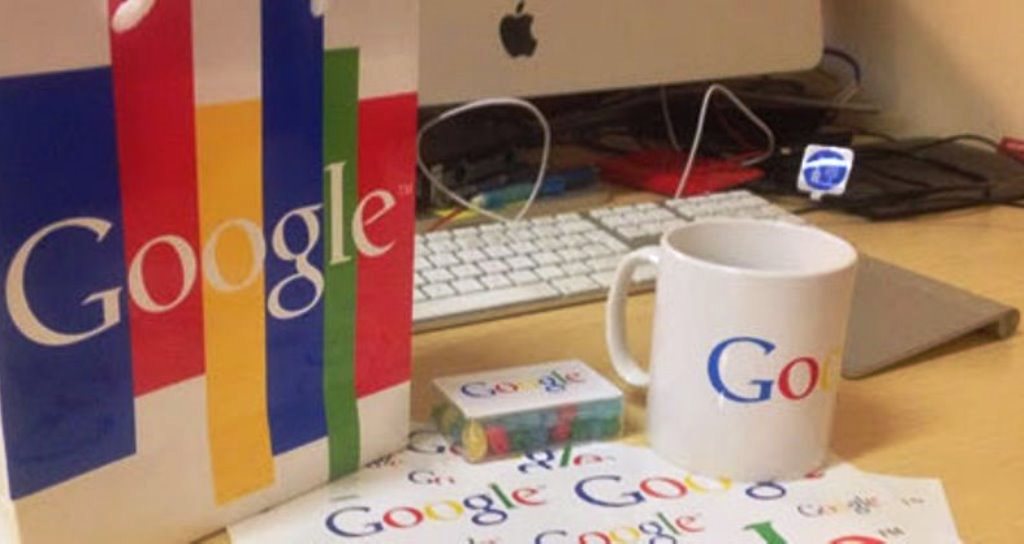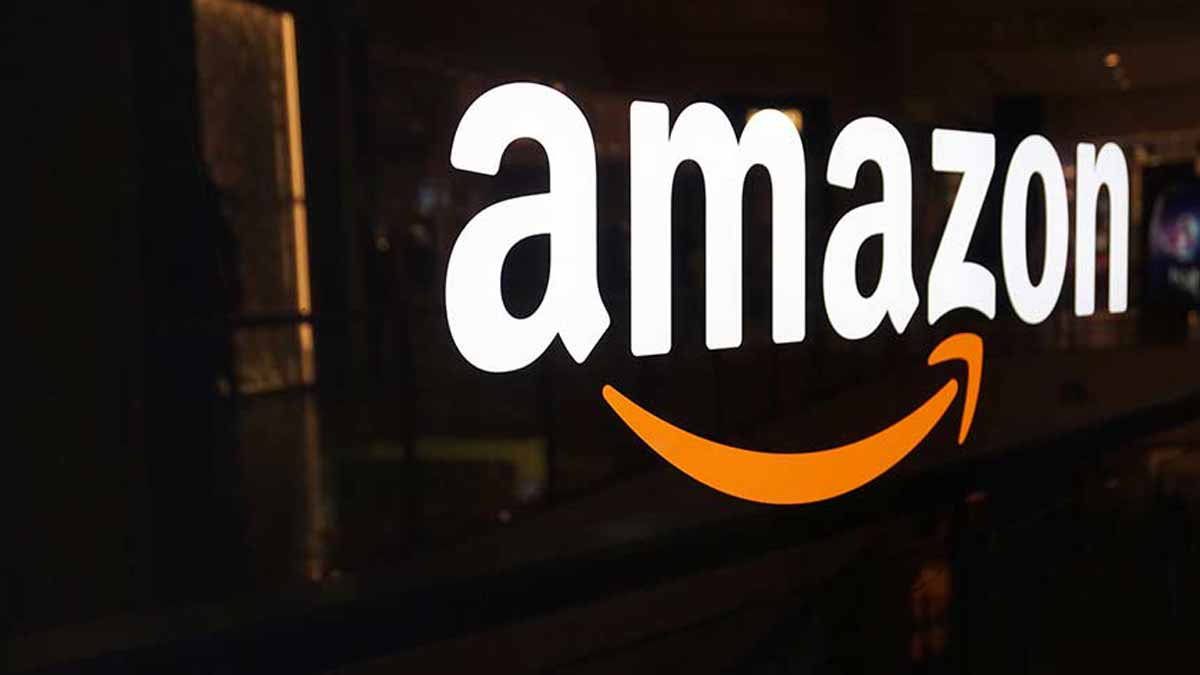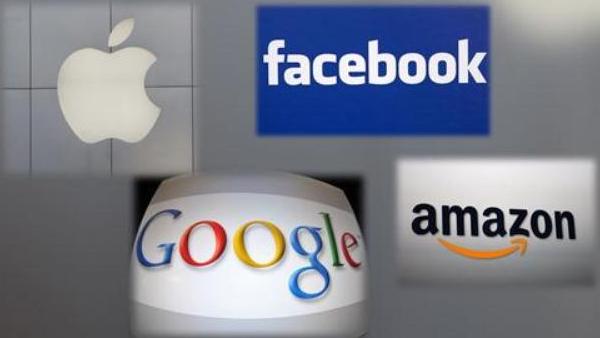Amazon.com paid about 90 million dollars to acquire the maker of Blink-home-security cameras late last year, in a secret bet on the startup’s energy-efficient chips, people familiar with the matter told the Media on Monday.
The deal’s rationale and price tag, previously unreported, underscores how Amazon aims to do more than sell another popular camera, as analysts had thought.
The online retailer is exploring chips exclusive to Blink that could lower production costs.
They aimed at lengthening the battery life of other gadgets, starting with Amazon’s Cloud Cam and potentially extending to its family of Echo speakers, one of the people said.
Amazon views its in-house devices as key to deepening its relationship with shoppers.
The Cloud Cam and Echo currently need a plug-in power source to operate. Blink, which says its cameras can last two years on a single pair of AA lithium batteries, could change that.
Amazon declined to comment on the acquisition’s terms or strategy.
The deal so far has drawn little attention. The camera maker announced its takeover by Amazon with scant details in a Dec. 21 blog post.
Analysts have viewed Blink as part of the retailer’s strategy for Amazon Key.
This is a new programme where shoppers can set up a smart-lock and surveillance-camera so delivery–personnel can slip packages inside their homes when they are away.
Amazon also sees opportunity in the security camera market as smart-home technology expands.
But Blink was not merely a camera business.
Its little-known owner, Immedia Semiconductor, was started in Massachusetts by old hands from the chip industry.
Chief Executive Peter Besen and two of his co-founders came from Sand Video, which had designed chips in the early 2000s that decoded a new and improved video standard.
In 2004 they sold Sand Video to Broadcom Ltd and remained there as executives, according to an Immedia website.
The group left in 2008 to create Immedia, aiming to design chips for video conferencing, and later targeting laptop makers as potential customers.
Dan Grunberg, a co-founder who left Immedia in 2016, said that plan fell through. Laptop makers were unwilling to pay one dollar per chip when cheaper options were on the market. So Immedia pivoted.
“If we make our own camera, we don’t have to sell a hundred million” chips, he said. Grunberg declined to discuss Immedia’s sale to Amazon.
The Blink security camera, which hit the market in 2016, did not require a power cable like many rival products, making it easier to place around users’ properties.
It was cheaper, too, starting at 99 dollars.
Amazon’s wired Cloud Cam launched at 119.99 dollars , while Netgear Inc’s wire-free Arlo cost more still. Netgear said last week it plans to spin off its Arlo business.
“Battery life is a big issue in connected devices,” said Scott Jacobson, a former Amazon devices manager and now managing director of Madrona Venture Group.
“Always-on cameras that last for months and don’t require a wired connection or an electrician to install could be game-changing.”
As Blink’s sales rose on Amazon’s website, the retailer took notice, sources said, leading to talks with the camera maker about a deal.
Flybridge Capital Partners, Comcast Ventures, Baker Capital, Dot Capital and some suppliers were investors in the company.
The proprietary chip design will make it harder for rival retailers to copy Amazon’s devices, said Matt Crowley, chief executive of Vesper, a sensor and semiconductor company that makes microphones.
And now that Amazon owns its own chips, it can go straight to the manufacturers, cutting out middlemen chip designers .
Such designers as Ambarella Inc , which has powered GoPro Inc products. Amazon has a division called Annapurna Labs that makes an unrelated kind of chip.
“Vertical integration reduces cost,” Crowley said. Digital video chips “are one of the more expensive components” in a camera.


